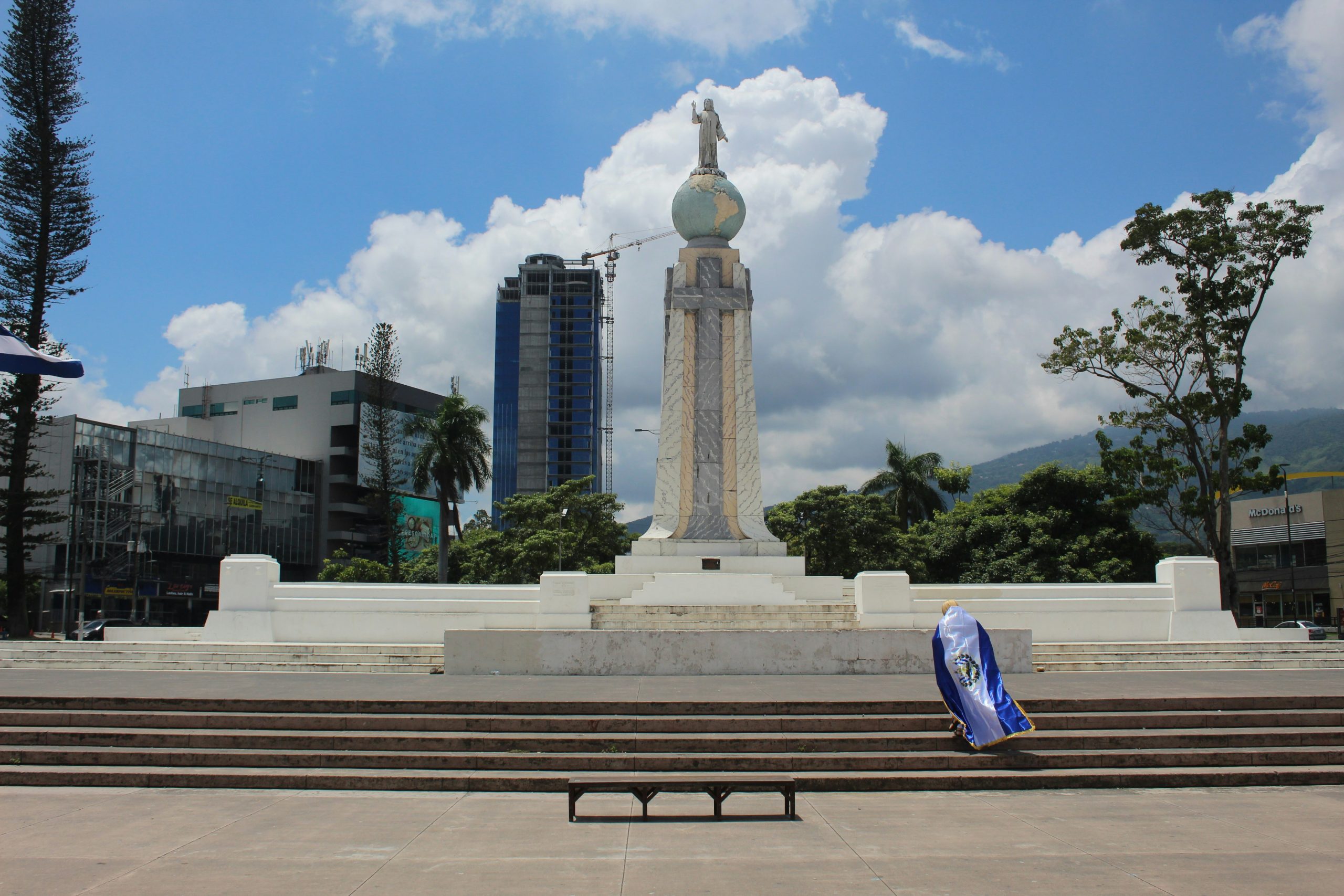Maldives to Launch $9B Crypto Hub to Attract Global Investment
Government officials aim to draw foreign investment to the Maldives, broaden the country's income sources, and ease its debt burden.

Bitcoin Mandate Revision: El Salvador plans to amend its Bitcoin law to make accepting Bitcoin as a payment method voluntary rather than mandatory. This change addresses the IMF’s concerns about the risks of widespread cryptocurrency adoption.
Budgetary and Regulatory Adjustments: The IMF has also urged El Salvador to improve its fiscal stability by reducing its budget deficit by 3.5 percentage points over three years and enhancing regulations for Bitcoin use. These measures aim to safeguard financial stability and address public sector exposure to cryptocurrency risks.
Broader Financial Support: By aligning with the IMF’s recommendations, El Salvador could unlock additional funding beyond the $1.3 billion loan, including $2 billion from institutions like the World Bank and Inter-American Development Bank.
El Salvador, the first country to adopt Bitcoin as legal tender, is now reconsidering aspects of its cryptocurrency policies to secure a much-needed $1.3 billion loan from the International Monetary Fund (IMF).
The Financial Times reported that El Salvador is expected to reach an agreement with the IMF on a $1.3 billion loan deal in return for changes to its Bitcoin (BTC) laws. This policy shift signals the country’s effort to balance its ambitious BTC experiment with the fiscal discipline and economic reforms required by the IMF. As the government seeks to stabilise its finances amid mounting debt and international scrutiny, the move has reignited debates over the risks and rewards of El Salvador’s BTC strategy.
In September 2021, El Salvador became the first nation to recognise BTC as a legal tender alongside the US dollar. The policy was intended to promote financial inclusion, attract investment, and reduce reliance on remittance fees. The government launched the “Chivo Wallet” app to support this initiative, offered $30 in BTC to every user, and invested heavily in BTC reserves. However, the move has had mixed results.
While the adoption bolstered El Salvador’s global profile as a crypto pioneer, it also exposed the country to significant financial risks. The sharp decline in BTC’s value in 2022 strained public finances, while uptake among residents and businesses remained lower than anticipated. The IMF has repeatedly expressed concerns over El Salvador’s BTC policy, citing risks to economic stability and fiscal health. In response, the government is now reportedly exploring ways to amend the law, clarify BTC’s role in the economy, and address concerns raised by international lenders.
El Salvador’s request for a $1.3 billion loan from the IMF comes at a critical time. The country faces a debt-to-GDP ratio exceeding 80%, high borrowing costs, and the looming maturity of a $800 million Eurobond in 2025. Securing the IMF loan is essential to averting a fiscal crisis and maintaining economic stability. The government is expected to implement structural reforms to meet the IMF’s conditions, including changes to its BTC law.
Analysts suggest the reforms limit BTC’s use to specific sectors, enhance transparency in crypto transactions, and strengthen anti-money laundering measures. Such adjustments could address the IMF’s concerns while preserving the core of El Salvador’s BTC experiment. President Nayib Bukele, a vocal advocate of BTC, has emphasised that any changes will uphold the country’s long-term vision of leveraging crypto to drive economic growth. However, the challenge lies in balancing this vision with the IMF’s requirements and the broader needs of the Salvadoran economy.
The proposed policy changes are pivotal for El Salvador, offering risks and opportunities. Amending the BTC law could restore investor confidence, improve access to international financial markets, and strengthen the country’s fiscal position. On the other hand, it may dampen enthusiasm among crypto advocates and deter future investment in the sector. The outcome of the negotiations with the IMF will likely shape El Salvador’s economic trajectory for years to come.
The loan could provide a financial buffer to support critical social programs, infrastructure development, and economic reforms. However, failure to secure the funds could exacerbate the country’s debt challenges and hinder its ability to meet international obligations. As El Salvador navigates this complex landscape, its experience will serve as a case study for other nations exploring crypto adoption. Whether the country can successfully integrate BTC into its economy while meeting the demands of global financial institutions remains an open question, with implications far beyond its borders.
El Salvador’s recalibration of its Bitcoin policy underscores the evolving dynamics between national innovation and global financial governance. As the government seeks to align its cryptocurrency ambitions with economic realities, the world watches closely to see whether this bold experiment can deliver financial stability and transformative growth.
Government officials aim to draw foreign investment to the Maldives, broaden the country's income sources, and ease its debt burden.
Binance has partnered with Kyrgyzstan to introduce crypto payment solutions and implement blockchain education initiatives nationwide.
The North Carolina House approved a bill, 71-44, permitting the state treasurer to invest public funds in select, authorised...
AUSTRAC, has announced a crackdown on inactive registered cryptocurrency exchanges to eliminate potential scams.